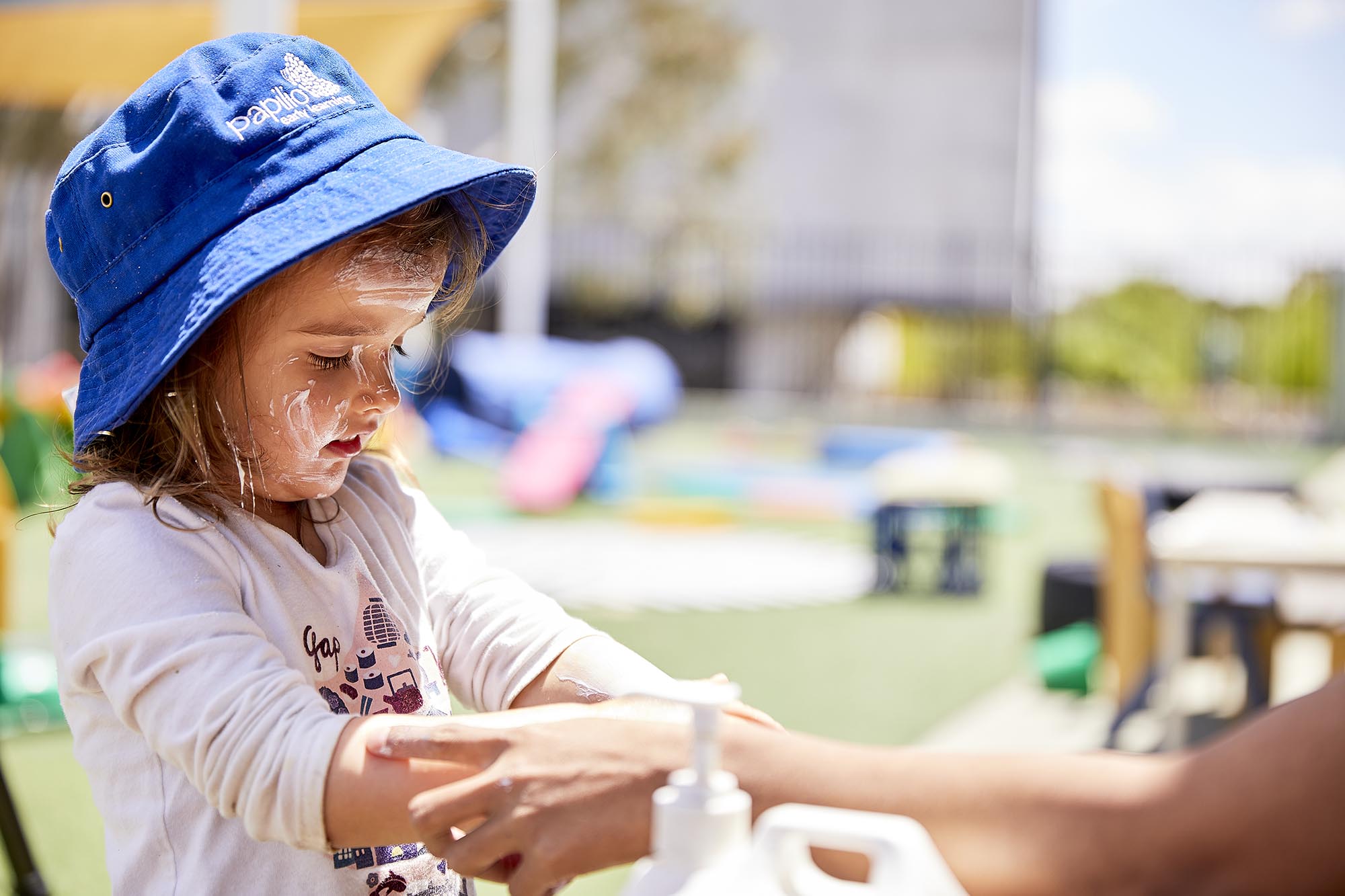
As children grow and develop, they become more curious about the world around them – and are driven to learn and explore. This is an important time to support their curiosity by exposing them to as many learning opportunities as possible. Kindergarten (also known as Preschool) programs are crucial for children in the early childhood years to stimulate growth and brain development, guiding children to learn at their own pace and be best prepared for their next step of going to ‘big school’.
Kindergarten and Preschool programs are vital for your child’s development
In a Kindergarten or Preschool environment, Early Childhood Teachers and Educators are professionally trained to provide your child quality education and care, so they can learn and grow through a play-based educational program. An educational program is run daily based on the children’s interests, developing skills and individualities. Learning about math, writing and reading are also reinforced in the classroom so that children are exposed to early literacy and numeracy to foster a love for foundational learning concepts.
In a Kindergarten program, children are also guided by Early Childhood Teachers to engage in learning projects, supporting them to become active thinkers and investigators in their own learning. Early Childhood Teachers are also trained in assessing children’s learning and development through play-based activities, as children learn best through play.

Kindergarten teaches more than just numbers
Kindergarten provides opportunities for children to form friendships with peers of their own age. This plays a significant role in supporting children’s social and emotional development, as having healthy and strong friendships helps children learn positive social behaviours. As friendships develop, it enhances children’s ability to interact with others with care, empathy, respect and cooperation. It also increases individuals’ sense of self, belonging, and overall well-being. Naturally, young children are egocentric, so having the opportunity to form solid friendships in the early years can help children develop lifelong social and emotional skills.
Kindergarten classroom environments also provide stimulating opportunities to support their learning and play. Children learn to cooperate, communicate, and engage in literacy and numeracy in dramatic play spaces while acting out real-life experiences. With spacious and exciting outdoor spaces, children learn to control and challenge their developing body and movement skills. Kindergarten classroom environments support children to explore and learn at their own pace, and they, therefore, play a significant part in stimulating children’s passion for learning and exploration.

Children who experience a positive transition to school are more likely to feel comfortable, relaxed and motivated to learn (NSW Gov, 2020). Hence it is important for you and your child to feel supported (in every way) as your child gets ready for Primary School.
As a part of our Lifelong Learning School Readiness program, we support our children and families every step of the way in their final year with us in Kindergarten or Preschool. This includes learning about the concept of going to school in our educational program, the opportunities to have term celebrations, parent-teacher meetings, end-of-year interviews, and our exciting graduation celebration.
Kindergarten is not just another year of child care, it’s a vital stepping stone to Primary School and the final opportunity for your child to benefit from a high-quality early education in their first five years of life.
Book a tour at your closest Papilio centre or call our Family Support Team on 1800 CHILD CARE.
